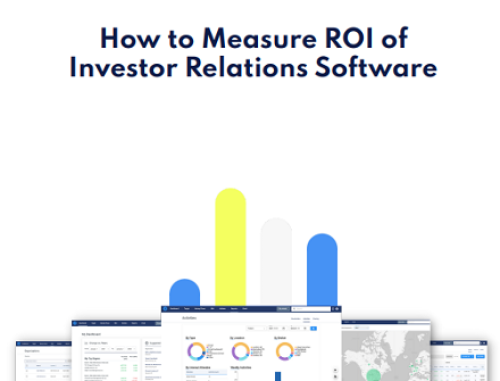Tweets alleged public companies were under investigation for fraud and produced ‘tainted’ research
The SEC has filed securities fraud charges against a Scottish trader for sending messages via Twitter that caused price drops of as much as 28 percent in certain stocks and prompted a halt in trading at one company.
The US regulator alleges James Craig sent multiple false tweets targeting two companies ‒ noise suppression firm Audience and medical research company Sarepta Therapeutics ‒ in an attempt to affect their share price. According to screen captures submitted by the SEC, the tweets claimed the targeted companies were the subject of fraud investigation and other legal actions.
The SEC says Craig’s first tweets prompted a 28 percent drop in the price of Audience stock before NASDAQ halted trading in it. It adds that the tweets claimed Audience was under investigation for fraud and were manipulated to make it look as though the information came from research company Muddy Waters Research.
The next day, according to an SEC press release, Craig sent tweets saying that Sarepta Therapeutics’ research results were tainted, prompting a 16 percent drop in its stock price. The SEC says the tweets were altered so they appeared to come from securities research firm Citron Research.
The regulator says Craig bought and sold shares in each stock around the time of the tweets in an attempt to profit from the price swings but was ‘largely unsuccessful’.
‘As alleged in our complaint, Craig’s fraudulent tweets disrupted the markets for two public companies and caused significant financial losses for their investors,’ says Jina Choi, director of the SEC’s San Francisco office. ‘Craig also said in later tweets that the SEC would have a hard time catching the perpetrator. Those tweets turned out to be false as well.’
The SEC calls on investors to be cautious with news obtained on social media and warns them to look out for tweets from accounts with a limited history of posts, pressuring investors to buy or sell immediately or those that contain unsolicited investment offers or information.










